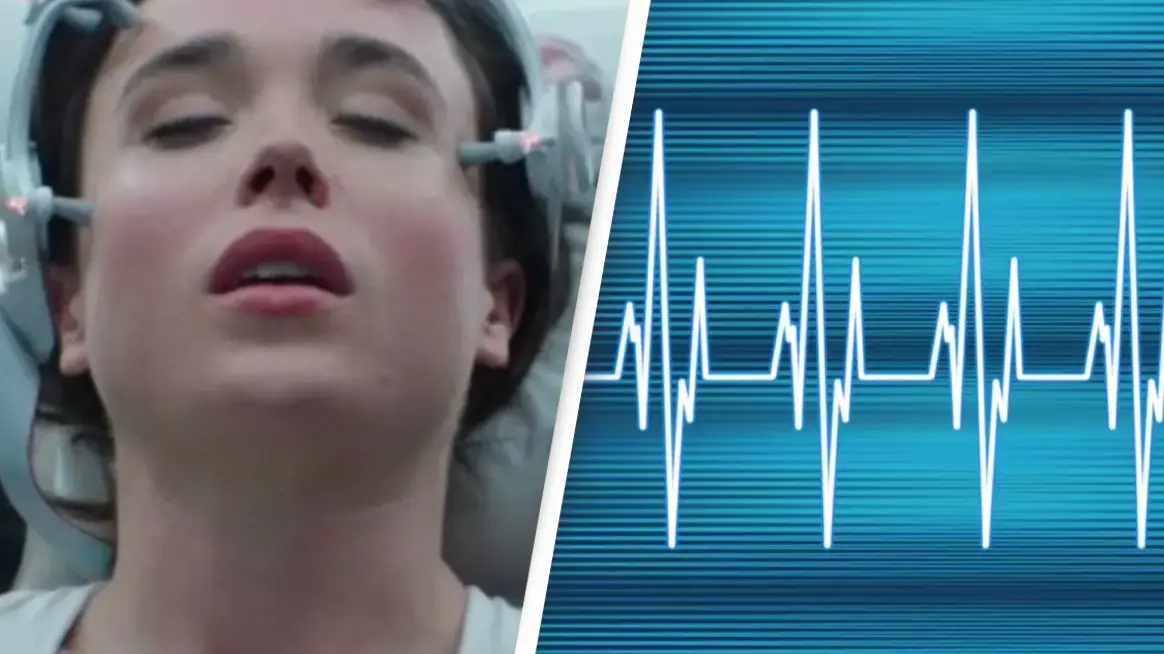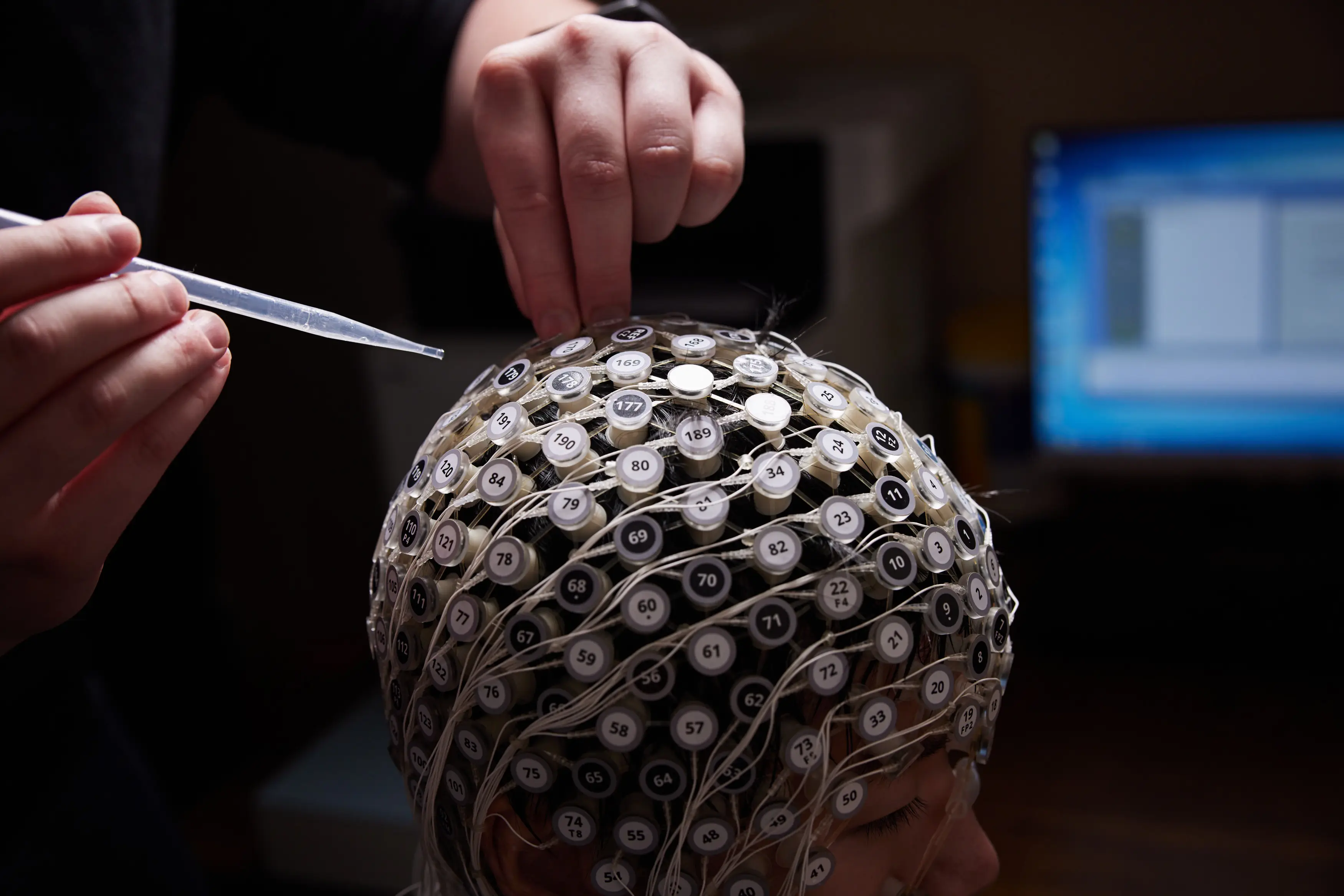
No matter how much we speculate and theorize, there's really no certain answer on what you think or feel as you die.
It's one of those things that we really need to experience for ourselves, but since there's no rush to do that, we have to rely on what science can tell us instead.
To offer a better insight into what happens when we die, researchers in the US performed an electroencephalogram (EEG) on an 87-year-old man as he passed away.
Advert
The elderly man had suffered from epilepsy, and using the EEG test researchers were able to record the brain waves of the patient 15 minutes after he died from a heart attack.
After analysing the findings, Dr. Ajmal Zemmar, the lead author of the study, commented on how they may shed light on our final thoughts.
Looking at the brain waves, the researchers noted an increase in 'gamma oscillations'.
These control the connectivity between different regions of the brain, making them crucial for perception, movement, memory, and emotion.

What this revealed was that the patient may have had his life 'flashing before his eyes'.
Zemmar explained: "Through generating oscillations involved in memory retrieval, the brain may be playing a last recall of important life events just before we die, similar to the ones reported in near-death experiences.
"These findings challenge our understanding of when exactly life ends and generate important subsequent questions, such as those related to the timing of organ donation."
While similar changes in brain waves have previously been monitored in rats at the time of death, the study published in the journal Frontiers in Ageing Neuroscience marked the first time it has been detected in humans.

However, as with most studies, the team made clear that further research would be needed in order to provide more conclusive claims.
The team pointed out that the data used to reach their conclusion focused on just a single case study, and that the patient's brain had already been damaged from epilepsy.
Therefore, they weren't able to determine whether the same thing would definitely occur with a different person near the time of their death.
Dr Zemmar added: "Something we may learn from this research is: although our loved ones have their eyes closed and are ready to leave us to rest, their brains may be replaying some of the nicest moments they experienced in their lives."
Though the finding hasn't been proven to be universal, it's a nice thought to hold on to.